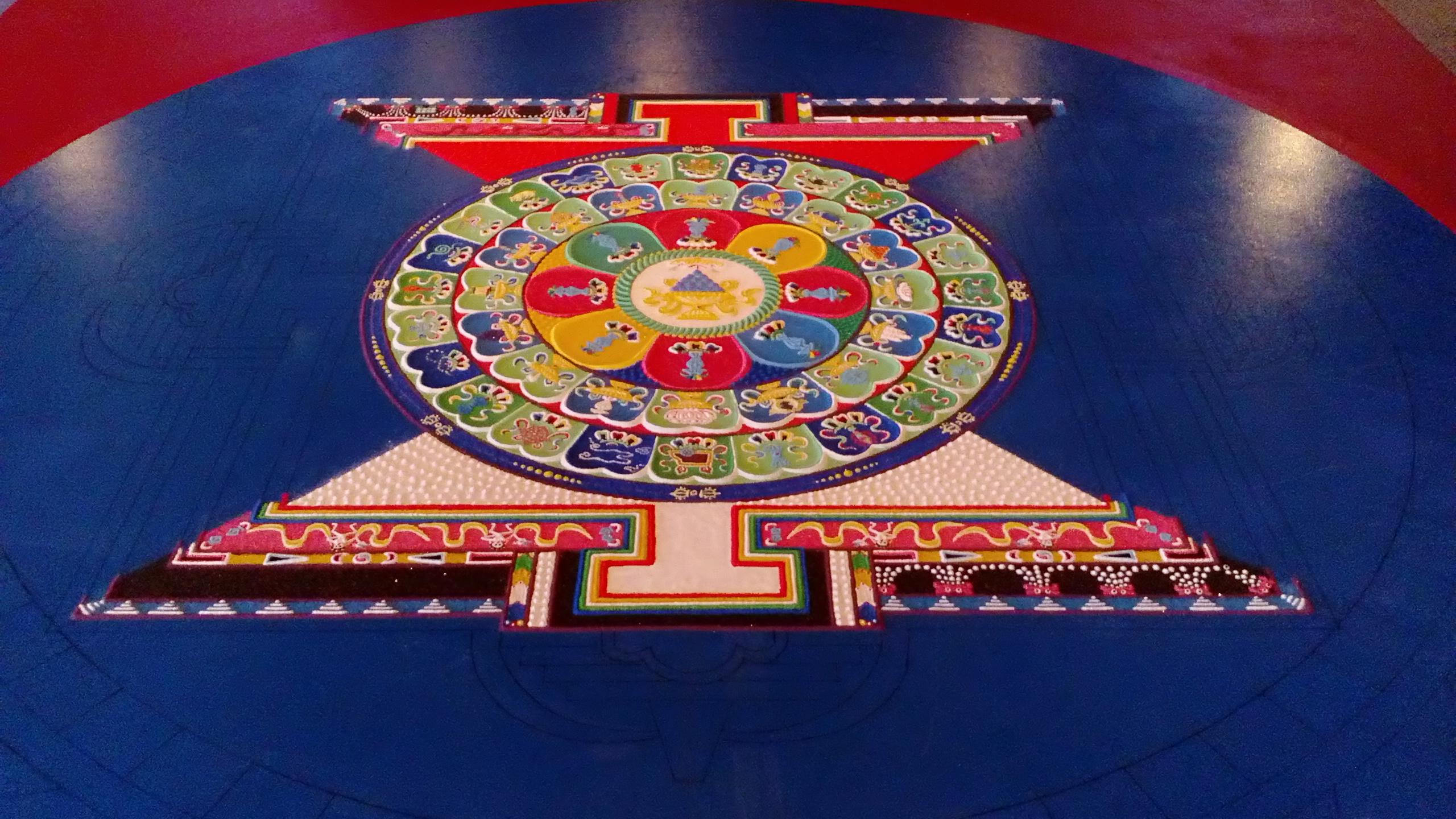Leftimies
Dwelling in the Principle
I'd advise caution that believing three years of exposure truly means you understand what is taught, or that it removes you from biases.
I think you may be mistaking philosophical speculations with insights gained into the mind and spirit through a direct encounter with it through meditation practices. Left to its own devices, the mind's conclusions, "natural conclusions" often miss the target.I think however, given the insights we have gained through the sciences, it does tend to confirm those things that Buddhist teaching has already discovered about the human mind and the causes of our suffering.
I think you are over-analyzing this here. If one accepts their own impermanence, you disidentify with it as exclusively being the true nature of who you are. If you are able to rest in Emptiness, it sheds light on the reality that we are not solely these impermanent objects we self-identify with. However, as long as we are alive, we are in the body. It's just that we don't exclusively self-identify with the impermanent, cling to it to find ourselves and thus create suffering. Emptiness does not exist as something caused. It is not even an "it", but language fails to speak of "it". Later understanding realizes that "emptiness is none other than form, and form is none other than emptiness". Emptiness is simply the "suchness" or "Is'ness" of all that is. It is not separate from it, yet not being an "it", is is Groundless. It cannot be described in terms of "permanent" or "impermanent". It is simply "Is".
Again you are viewing emptiness as something to attain, something "out there", outside yourself. You already are That. It's like saying you want to attain your lungs. It's not a phenomenon. It's who you are already.
Which branch of Buddhism are you looking at? Theravada? Are you familiar with Nagarjuna? Are you familiar with the nondual schools?
Many misconceptions here. Yes, some believe you should "flee samsara", and they take the approach of isolation, self-denial, and so forth. Other schools, such as the later tantric schools believe that you realize emptiness through form. You don't denounce these things, but rather explore through these things finding, or realizing that state of nonduality. Again, "emptiness is none other than form, and form is none other than emptiness". The key is when you see one or the other as "true reality", you create duality. To say Nirvana alone is reality, is according to Nagarjuna, creating a duality in itself! It is saying "This, and NOT that". It is creating separation.
And as far as how one thinks, well, that is simply a matter of perceptions. How we think about a thing, creates its reality to us. If you realize that "Emptiness is none other than form, and form is none other than emptiness" that "thought" opens you to realizing it in your own lived experience. If your thought sees these a separate, you've locked the door ahead of you. But bear in mind, you do not "think", or philosophize yourself into nondual awareness. It is something you open to by letting go of all your ideas about these things.
I like the take that you have presented here in regards to Buddhism. If it is possible to lead a Buddhist life without renunciation and rampant escapism, without taking the sutras as authority, regarding samsara as a not only inescapable but even a benign reality, and only accepting a handful of core philosophical concepts...and largely applying them on the fly, flexibly...then perhaps I could remain a Buddhist. I never liked the way Buddhist dread views and form: all is emptiness - my views matter not, so as long as nothing of harm is produced from them. Thats the way I see it - but many others have disagreed, saying that holding any relation with form and view is not 'Buddhist orthodoxy' and thus I was lead to question the Buddhist thought (although the word 'orthodoxy' should've probably told me that this person was not very Buddhist either).
As for over-analyzing, I don't think I am. I think I am asking perfectly valid questions from a logical point of view that warrant valid answers. Some people like to think that Buddhists were sort of non-intellectuals (due to their opposition to views as hindrance to enlightenment), but all of Buddhism's historical development has been development of a complex philosophical body of thought, that reaches over the categories of metaphysics, logic, epistemology as well as ethics and social theory. To ask questions should therefore be expected by default in Buddhist practice.
I like to think that I am quite familiar with Buddhist thought, including Theravāda, Mahāyāna, the Japanese Shugendō, some early schools of Buddhist thought from the very early period, as well as the contemporaries of Buddhism such as Ājivaka. However, I am not familiar with Nagarjuna and I am not very familiar with Vajrayāna Buddhism (because Tibetan Buddhism seemed quite superstitious in certain respects). Perhaps there is more to investigate in the Buddhist realm than I had previously understood. Perhaps you can refer me to some sort of good source in regards to Nagarjuna and his philosophy?

